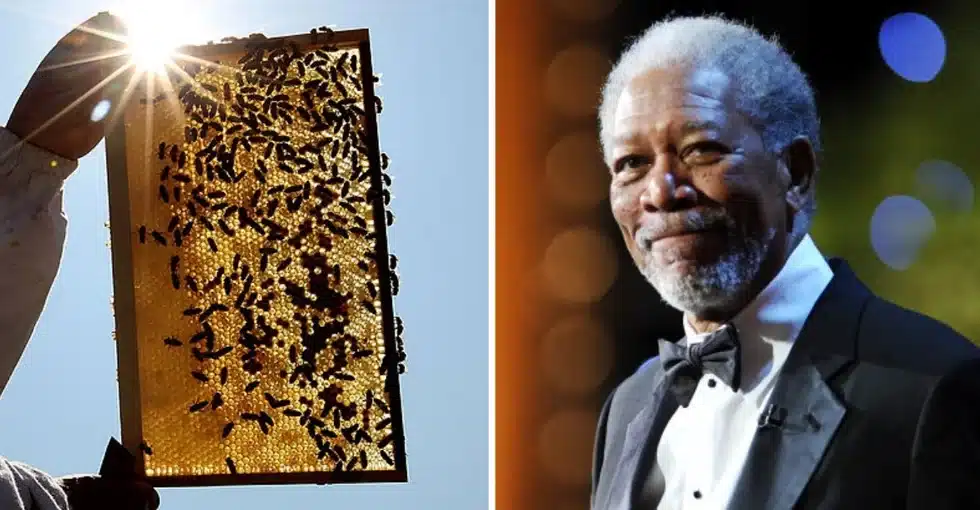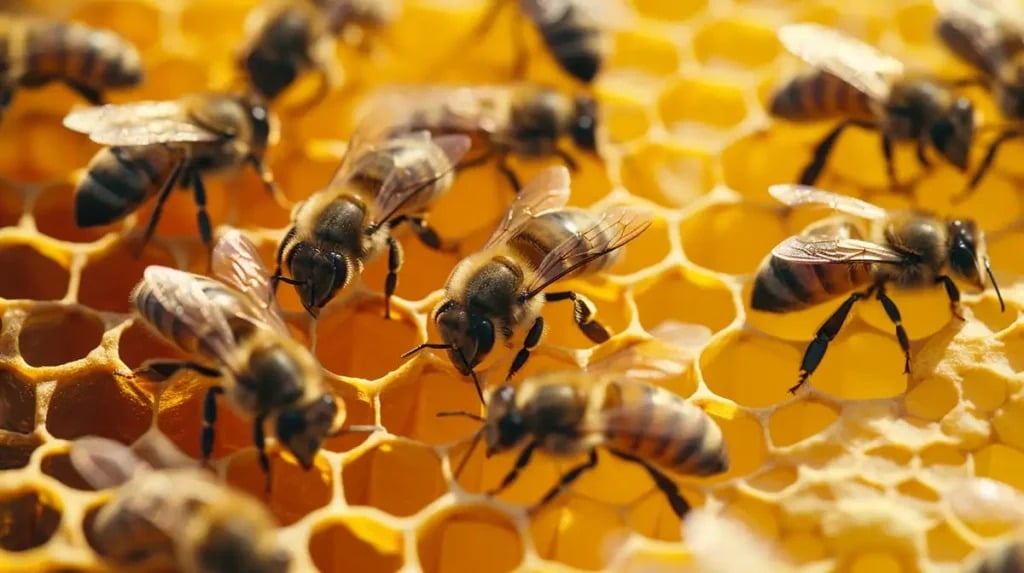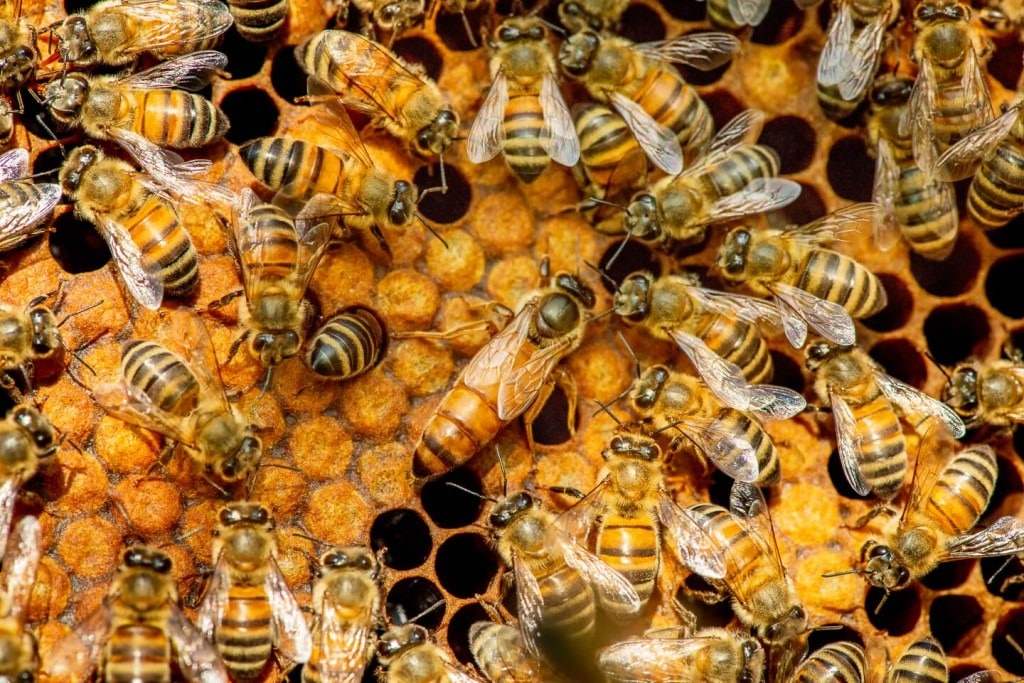
Morgan Freeman transformed his ranch into honeybees to help stave off a looming disaster
Morgan Freeman, the celebrated actor, director, and philanthropist, has taken on a new role: beekeeper.
At 81 years old, Freeman decided to transform his 124-acre ranch in Mississippi into a sanctuary for bees.
During an interview on The Tonight Show with Jimmy Fallon, he openly shared about his passion.
His beekeeping journey began in 2014. His motivation was his concern for the declining bee populations and their essential role in the environment.
“There is a concerted effort for bringing bees back onto the planet… We do not realize that they are the foundation, I think, of the growth of the planet, the vegetation,” he explained.
Bees are crucial pollinators for plants, playing a vital role in the growth and health of ecosystems.
To support his new hobby, Freeman imported 26 bee hives from Arkansas to his ranch
He and his team have been working diligently to create a bee-friendly environment.
They have planted magnolia trees, lavender, clover, and other plants that attract and nourish bees. Freeman personally feeds the bees a mixture of sugar and water to help them thrive in their new home.
Interestingly, Freeman takes care of his bees without wearing any protective gear, such as a bee suit or hat. Remarkably, he has never been stung.
His approach to beekeeping is purely conservationist; he has no intention of harvesting honey or disturbing the hives. His primary goal is to help repopulate the declining bee populations.
The decline in bee populations has become a significant environmental concern
The Environmental Protection Agency (EPA) has highlighted Colony Collapse Disorder (CCD) as a primary cause for the decline over the past five years. CCD and other factors, such as parasites, pesticides, and habitat loss, have severely impacted bee colonies. This decline poses serious threats to agriculture and wild vegetation, as bees are key pollinators.
Recent policy changes have further complicated the situation. The Trump Administration lifted a ban on neonicotinoid pesticides, which are known to harm bees.
These pesticides, along with genetically modified crops that are insect-resistant, have contributed to the widespread deaths of bee colonies. Research published in the journal Science links these pesticides to the decline in bee populations.
Morgan Freeman shared about his motivation in an interview
In a 2016 interview on Larry King Live, he expressed his concerns: “There has been a frightening loss in bee colonies, particularly in this country. To such an extent that scientists are now saying ‘This is dangerous.'” His actions are aimed at rebuilding “the foundation of the growth of the planet.”
The broader implications of bee population decline are alarming. Humans rely heavily on bees and other pollinators for crop production. A significant loss in bee populations could disrupt food supplies and have devastating effects on ecosystems worldwide.
According to a survey conducted by Auburn University and the University of Maryland, U.S. beekeepers reported a 40% loss in honeybee colonies in the past year, a 33% increase from the previous year.
What are factors contribute to this decline?
Environmental stressors, lack of genetic diversity, and mites infest bee colonies, making them vulnerable. Climate change also plays a role, as extreme weather conditions impact bees’ food sources and habitats.
As Geoffrey Williams, an assistant professor at Auburn, explained, “Changes in climate and weather affect food and forage for bees. It’s pretty obvious that if you have bees already on the edge and you have a radical, quick weather shift, they aren’t going to do as well.”
Neonicotinoid pesticides are particularly harmful, killing bees and affecting their reproductive abilities. These pesticides are especially damaging to queen bees, leading to long-term population declines.



